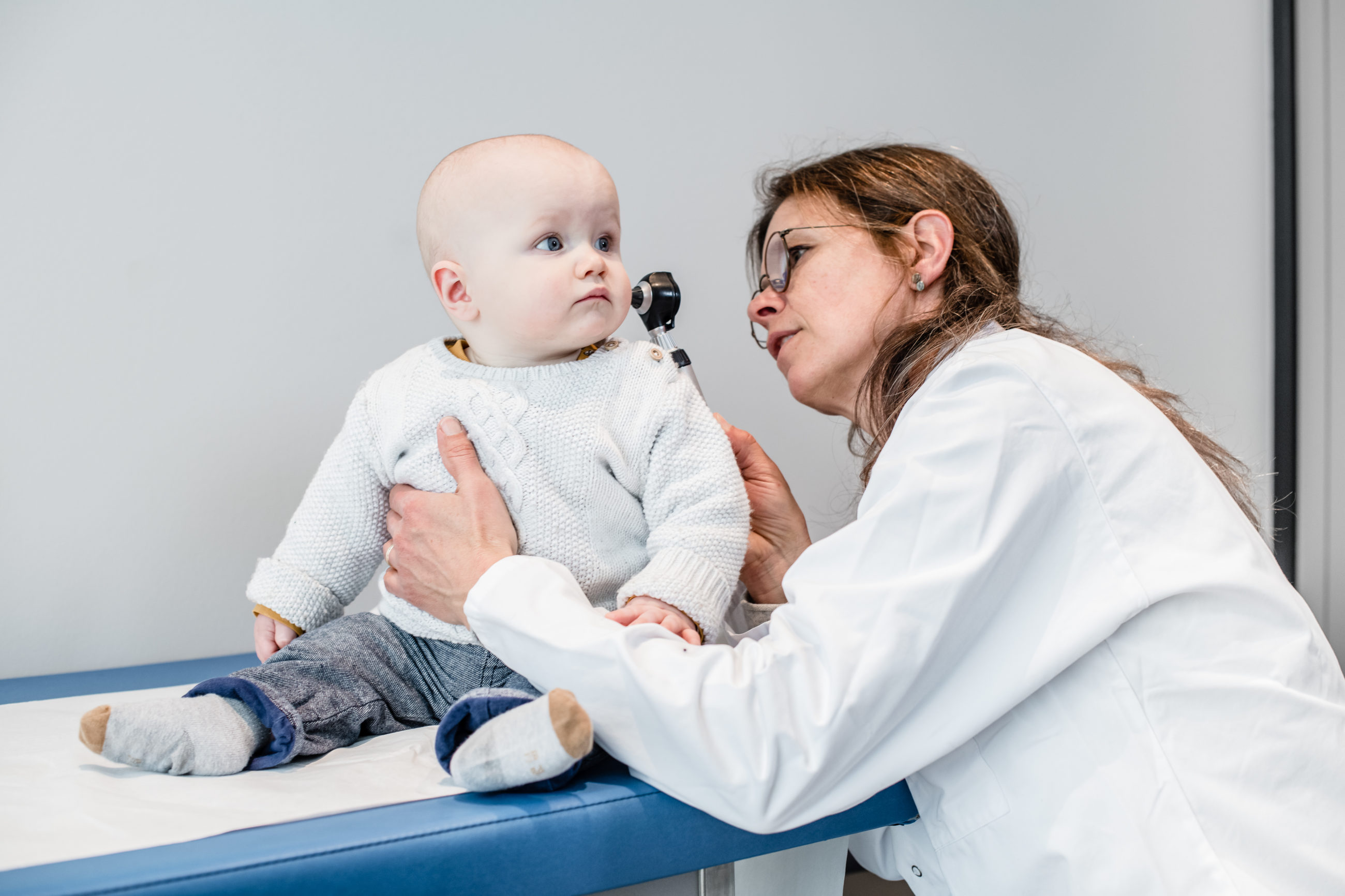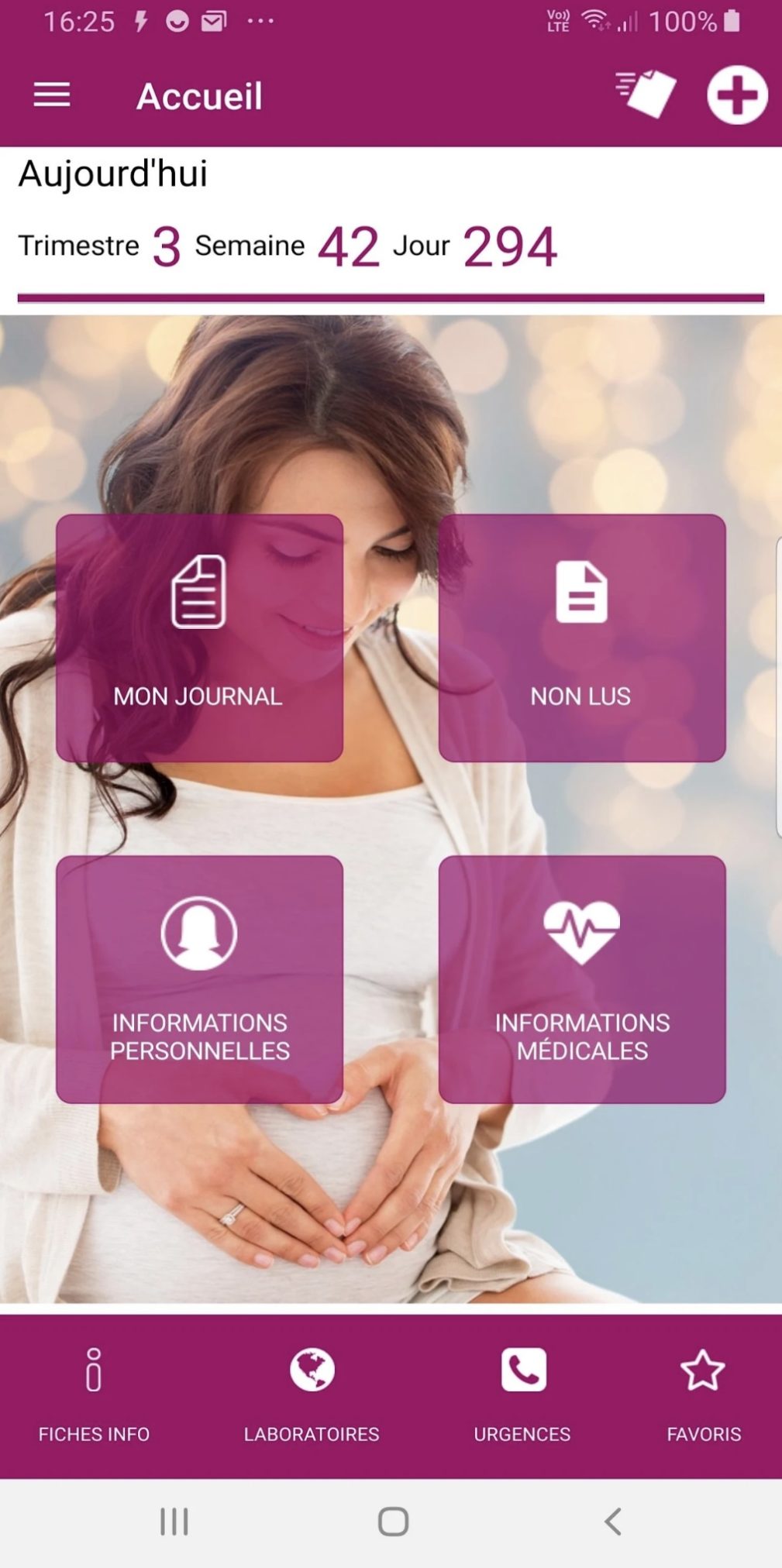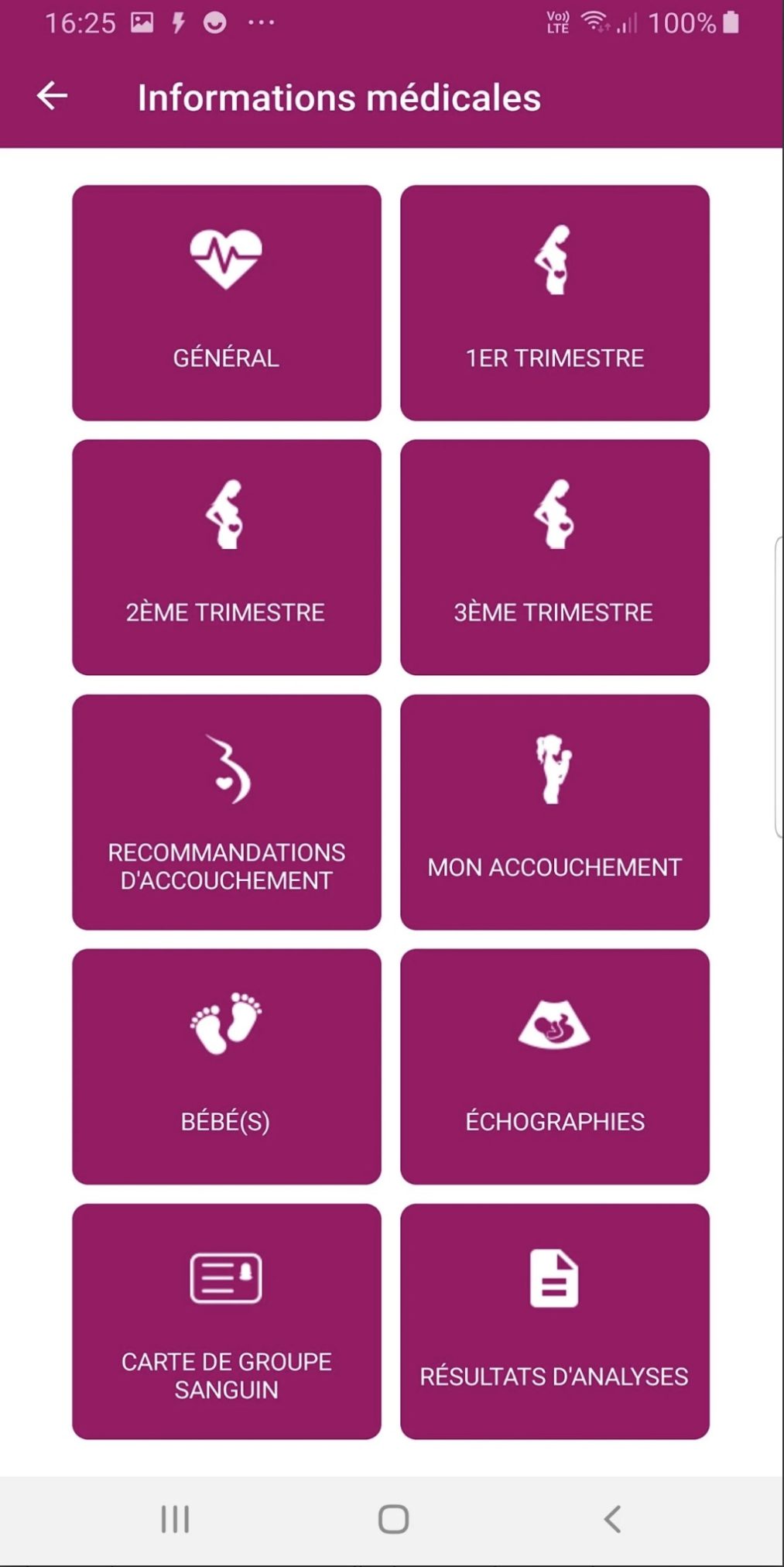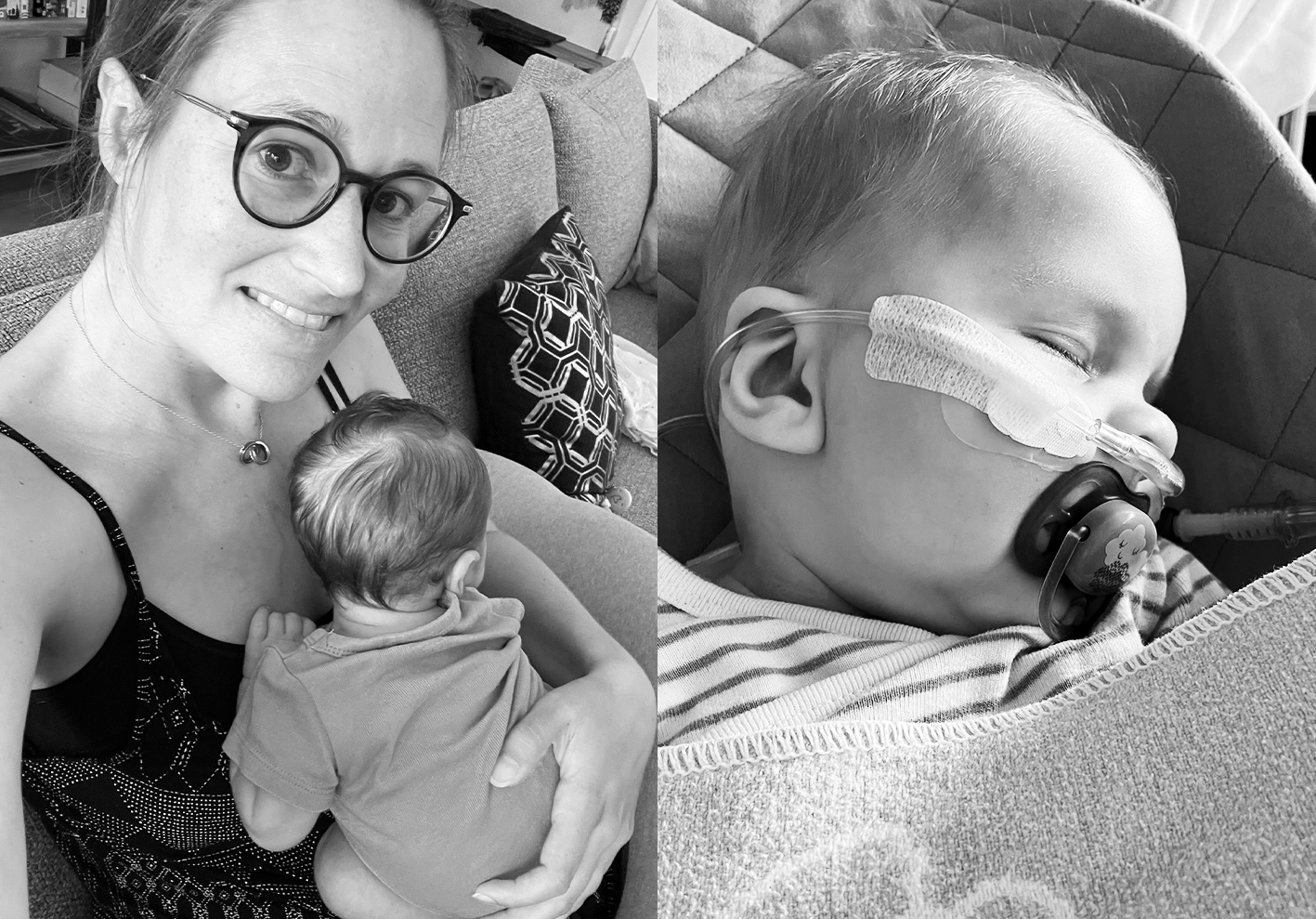Finding out you're pregnant, whether by surprise or after repeated attempts, is a shocking experience in both cases. A thousand questions arise in our heads, and we need to find answers. In this article, we'll take you through the first prenatal tests you need to do to prepare for your baby's arrival and enjoy your pregnancy with peace of mind.

At the first sign of pregnancy (delayed periods or other symptoms), we recommend you take a urine test. If two bars appear, this means the test is positive, but a blood test and an appointment with your specialist are necessary to confirm the pregnancy or not.
If this is the case, the pregnancy can be monitored by a gynecologist and/or midwife and doula. No matter by whom, certain tests and screenings will need to be carried out. Thanks to these (thanks to science), genetic, chromosomal and physical abnormalities can be detected fairly quickly. With full knowledge of the facts, parents can then decide whether or not to terminate the pregnancy.
Thanks to the 1st trimester prenatal test, analyses can assess the risk of a possible trisomy (21, 13 or 18). This test is performed between the 11th and 14th week of pregnancy, and combines the mother's age, ultrasound measurements (nuchal translucency and craniocaudal length) and a blood test. Your gynecologist will generally perform this test either in his or her office (if he or she has the appropriate equipment) or send you to an obstetrical and gynecological ultrasound center.
It's important to understand that this test is a screening procedure, not a diagnosis. The results are, in fact, given in "risk rates". For example, if the result is less than 1/1000, such as 1/1400, this means that there is a one-in-1400 chance that your baby has trisomy 21, 13 or 18. In this case, no further specific tests will be carried out and you will have a normal pregnancy follow-up.
Reto Stricker, Co-Director of the Polyanalytic laboratory
If the risk is between 1/1000 and 1/300, your doctor will recommend a non-invasive prenatal test (NIPT), which is an analysis of the fetal DNA found in the mother's blood. In simple terms, this is an advanced blood test. In this case, it is reimbursed by the insurance company. For your information, this test can be used as early as the 14th week of amhenorrhea to determine the baby's sex, should you wish to know.
If the risk is higher > 1/300 and/or the results of the NIPT are also poor, your specialist will refer you for a more thorough examination, enabling a clear diagnosis to be made through amniocentesis or choriocentesis.
Dr Alexia Willame, Obstetrician and Gynecologist
For over 40 years, we've been lucky enough to be able to meet our baby before he or she is born, thanks to the wonderful invention and technology of ultrasound. As early as the 20th week of pregnancy, we can find out (if we wish) the sex of our baby, as well as detect certain serious anomalies. Three of these ultrasounds are covered by basic maternity insurance:
- Ultrasound N°1: between the 12th and 14th week of amenorrhea.
To confirm that the pregnancy is progressing normally and to calculate the risk of a chromosomal anomaly (trisomy test).
- Ultrasound N°2: between the 20th and 23rd week of amenorrhea.
Morphological examination. The specialist looks at the baby from every angle: height, weight, organ development. In this way, a large number of potential malformations can be identified. Fetal growth, the amount of amniotic fluid and the position of the placenta are also checked.
- Ultrasound N°3: 3rd trimester.
This examination checks the baby's growth, the quantity of amniotic fluid and the state of the placenta. It also shows whether the baby has turned over (head down) or is breech (a risk for vaginal deliveries, which can lead to Caesarean sections).
Thanks to these ultrasounds and tests, malformations and illnesses can be detected and, if there is a problem, a decision can be taken at an early stage. If the tests are positive, the parents are relieved and can enjoy the months between now and the due date with peace of mind.
For further information on 1st and 2nd trimester prenatal tests, non-invasive prenatal testing, choriocentesis, amniocentesis and ultrasound scans, we invite you to download the brochure entitled "Volume 1 of your pregnancy", produced by the specialists and biologists of the Medisupport group.
Next month, again in collaboration with Medisupport, we'll be tackling a delicate and topical subject: infectious risks during pregnancy. We'll explain what they are, how to prevent them and, if necessary, how to treat them.


Discover the Babysoon application developed by the Medisupport group, which allows you to follow the progress of your pregnancy in a personalized way (practical information, medical data, logbook, etc.). Talk to your gynecologist!























Share this article